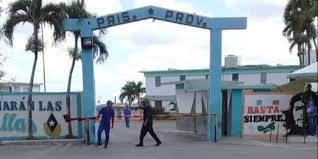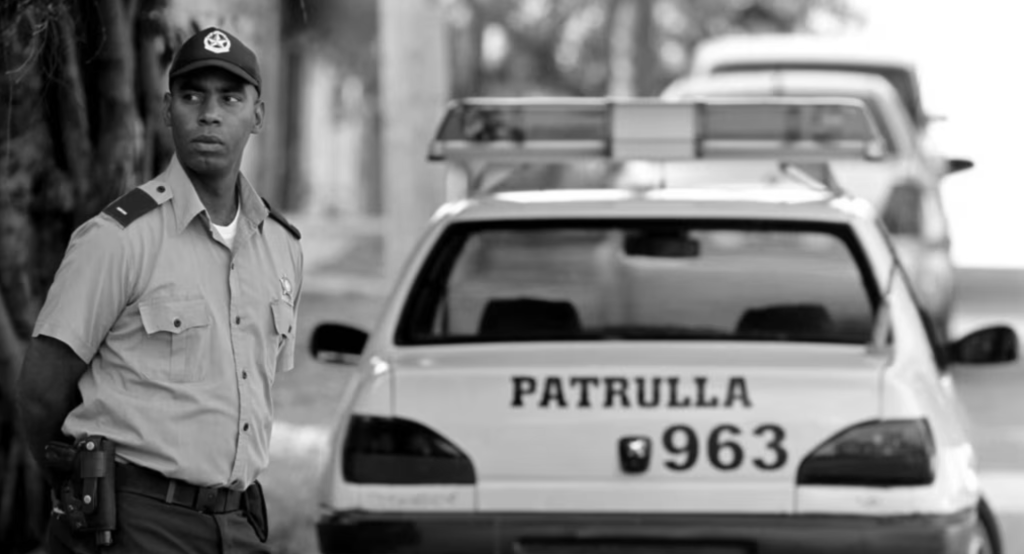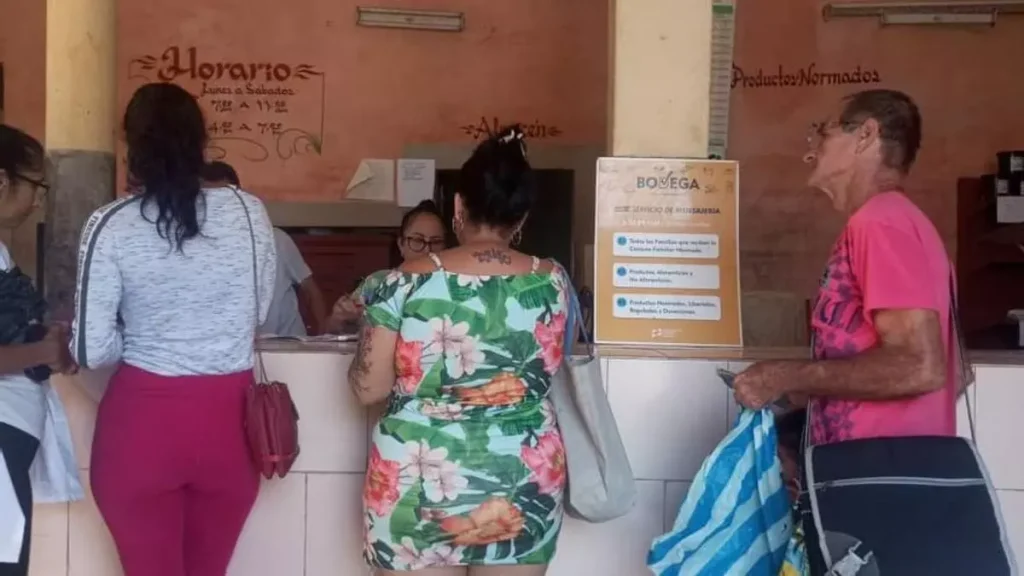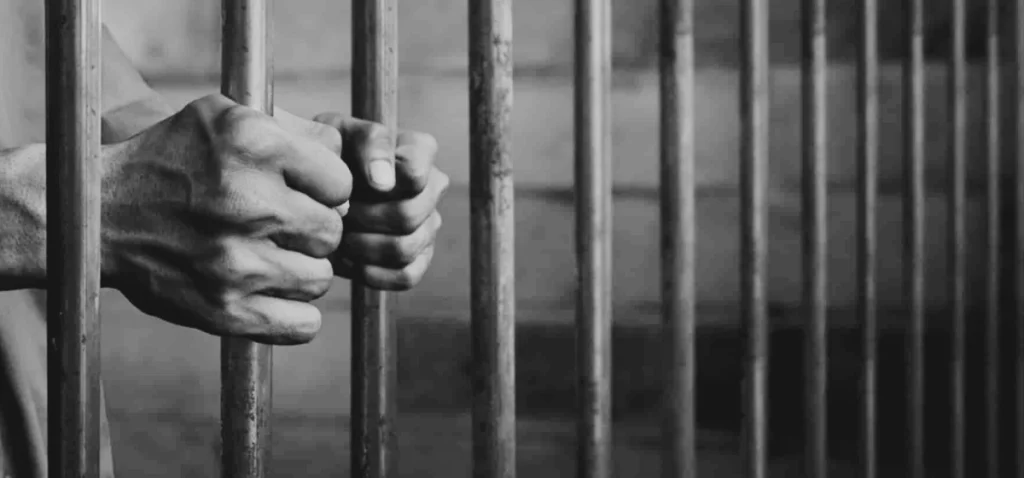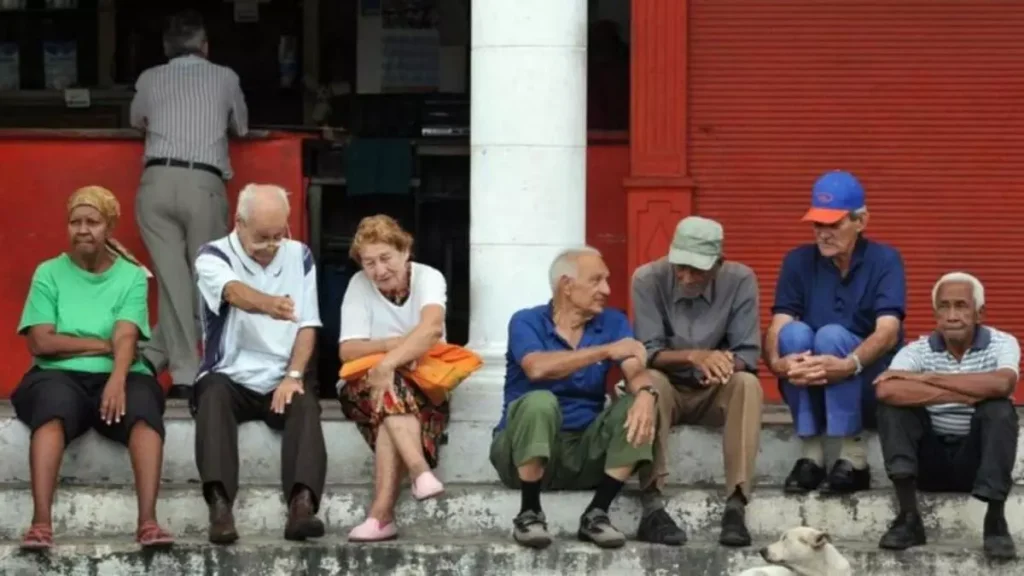The official explained that those who receive the supply by tanker trucks have “in some cases very extended cycles” (low frequency) and summarized the three fundamental problems: the state of the pumping equipment, the lack of electricity and the breaks in the main pipes.
“At the moment, 40% of the affectations are from broken pumping equipment and 39% from lack of electricity, and that has been happening since October,” he summarized. Rodríguez explained that they are working together with the Unión Eléctrica de Cuba (UNE) to minimize the problems caused by the lack of fuel. The main task is for the electric generators to relieve the blackouts; that’s why the INRH has increased its supply capacity from 36% to 72%, but, he says, there is not always enough fuel for them to work. continue reading
The main task is for the electric generators to relieve the blackouts; that’s why the INRH has increased its supply capacity from 36% to 72%, but, he says, there is not always fuel for them to work
In this context and after a deficit of more than 1,000 MW reported yesterday at peak hour, the authorities announced that the Communist Party of China had donated ten generators that will go to Sancti Spíritus and Cienfuegos, although they will barely provide 18 MW, and only as long as they have the required fuel.
As for the pumping equipment, the data are devastating. There are 3,674 pumping stations of which 3,381 work. There are 1,200 that are more than 10 years old, 229 that are not “in position” [due to lack of a pumping source] and 209 that “do not meet the technical requirements of expenditure and load, but they are the ones we have and that are working,” he said.
They are joined by 481 reserve pumping stations, of which only 127 work, an added problem because that prevents maintenance to the equipment with its consequent deterioration. “By not having spare pumps when the main one breaks, until we comply with the transfer cycle and take them to the workshops and repair them, all that time we have to try to supply those who receive water with the “pipas,” and we know the difficulties we have with fuel,” he stressed.
As a result, the whole country is suffering from a lack of drinking water and sanitation, with Pinar del Río, Havana, Las Tunas and Holguín in the lead, according to the Institute’s data.
Rodríguez, however, has the same hope as his partner in the battle, the Minister of Energy and Mines, and he has trust in solar power. This Tuesday he reported that between 2023 and 2024, 1,200 pumps have arrived in the country, of which 866 are “for the change in the energy matrix,” he said, referring to photovoltaics. There are 200 of them that have not yet been assembled, almost all of this type.
The whole country is suffering from a lack of drinking water and sanitation, with Pinar del Río, Havana, Las Tunas and Holguín in the lead
There are 1,312 pumping stations that need less than 10 kilowatts. There are 866 on the Island, among which 678 are in place but only 91 provide service. However, Rodríguez congratulated himself because 350,000 people are supplied thanks to them, “especially in isolated communities.”
In addition, there are 300 that use hybrid technology (fed by the National Electric Service and by solar). “Eight stations are planned for the first stage in Pinar del Río, 15 in Sancti Spíritus, 16 in Holguín and 9 in Cienfuegos. For the second stage, 15 are planned for Villa Clara and Aguas Turquino in Santiago,” he added.
The evening broadcast had a specific section dedicated to Havana, the province that concentrates not only more inhabitants but also more economic activity and political power, and, most worryingly for the regime, where protests are more easily ignited.
“On the night of 21 July 2024, an electrical failure occurred in the high tension lines that connect the Cuenca Sur reservoir with the Central System. This caused a sudden stop and, as a result, several hydraulic valves malfunctioned, which broke the driver and caused breakage in four pumping stations from the well field. This was the beginning of a complex period in the water supply service to the capital,” Rodríguez said to explain the nightmarish weeks that the capital is experiencing.
According to his calculations, there have been more than 199,000 inhabitants affected by the hydraulic network, in addition to 12,500 who receive water from “pipas,” whose cycles have lengthened due to the shortage of vehicles and fuel. “Today, the affectation from networks is 67,295 people and from lengthened “pipa” cycles, 7,551 inhabitants, for a total of 74,846 affected inhabitants,” he said. The west (La Lisa and Marianao) is the most affected part, but just this Tuesday the problems spread to East Havana, “which belongs to another system.”
According to his calculations, there have been more than 199,000 inhabitants affected by the hydraulic network, in addition to 12,500 who receive the water from “pipas”
Of the 279 stations in the capital, 22 do not have pumping equipment, and 77 do not meet the necessary requirements. Despite this, Rodríguez announced equipment installations that, he promised, will improve the situation in the very short term, in addition to medium-term investments for the same purpose. “Due to the blockade*, many times, even if we have the equipment in the ports, it is difficult for us to ship it,” he said, although Cuba has “a line of credit for the acquisition of new equipment for Havana this year.”
Judging by the data offered by Rodríguez, the economy is not at this precise moment a problem for the medium term, although the lack of workers is. “The average salary here is only 3,500 pesos, but there are four companies with salaries below 3,000 pesos, which deprives us of people who know how to operate the drivers. We are working to find a solution to this issue.”
The situation of the three factories on the Island that make water pipes is good: “We have enough raw materials and pipes for the investment program and the maintenance works,” he said, “although we have to import supplies for large drivers, mainly steel.”
“This year we have a plan of 3.2 billion pesos for investments and maintenance. At the end of August we have 119 percent compliance, and we have now received approval for 600 million pesos to add to these works. However, these plans are costing us up to 30% more than in previous years, due to the increase in the prices for products and services,” he explained.
The Island has installed 181 kilometers of water mains so far and has completed 204 works, he stressed, and he added that “there is no province in the country where we do not have some kind of action, but the problems are great.”
Rodríguez displayed the water balance with graphs showing the amount of rainfall and the filling of reservoirs on the Island, which is not a real obstacle at the moment. Authorities estimate that there are about 39,000 people affected by the drought, a small number in relation to other causes. He did consider problematic the loss of water from leaks, more than 5,000 in the country, of which 2,000 are in Havana.
*Translator’s note: There is, in fact, no US ‘blockade’ on Cuba, but this continues to be the term the Cuban government prefers to apply to the ongoing US embargo. During the Cuban Missile Crisis the US ordered a Naval blockade (which it called a ‘quarantine’) on Cuba in 1962, between 22 October and 20 November of that year. The blockade was lifted when Russia agreed to remove its nuclear missiles from the Island. The embargo had been imposed earlier in February of the same year, and although modified from time to time, it is still in force.
Translated by Regina Anavy
____________
COLLABORATE WITH OUR WORK: The 14ymedio team is committed to practicing serious journalism that reflects Cuba’s reality in all its depth. Thank you for joining us on this long journey. We invite you to continue supporting us by becoming a member of 14ymedio now. Together we can continue transforming journalism in Cuba.
